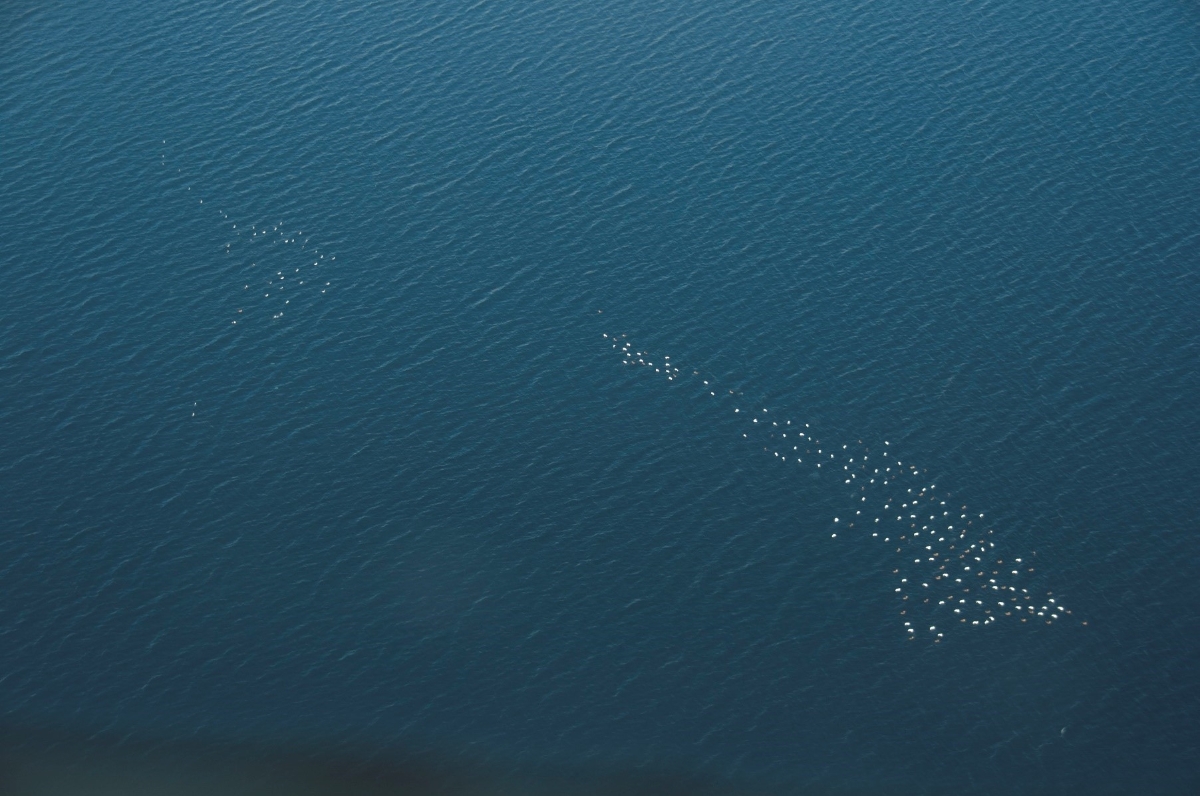Standardization and facilitation of seabird data for use in impact and environmental risk assessments
Norwegian Oil and Gas and BaSEC (Barents Sea Exploration Collaboration) put together an expert group to provide standardization and facilitation of seabird data for use in impact and environmental risk assessments. The report describes how seabird data can best be facilitated and used in environmental risk assessments.
Seabird data is important in impact and environmental risk assessments, but a standardization of basic data for seabirds in the coastal zone and the use of these in environmental risk assessments in the petroleum industry has been lacking. Norwegian Oil and Gas and BeSEC put together an expert group consisting of representatives from NINA and consulting companies (ACONA, Akvaplan NIVA, DNV GL, etc.) to provide such a standardization. These consulting companies have had slightly different approaches to how seabird data should been used in these risks analyzes. This has resulted in situations where relatively similar events yielded diverging results from different suppliers. The aim of this report was to provide a uniform basis for environmental risk calculations that can provide a realistic picture of environmental hazards for seabirds in the coastal zone. Since seabirds change their distribution throughout the year, it is important to distinguish between seasons when risk assessments are made.
Read the report (abstract in English):
This report amplifies the importance of the ever-changing aggregations of seabirds in time and space, and the importance of this being tested to provide the most realistic picture of seabirds’ use of the areas. The expert group recommends using colony-specific analyses based on parameters such as population growth, adult survival and breeding success. In addition, the use of national proportions (local species abundance divided by estimated national population size) in all the areas is recommended, as this will give the most comparable analysis basis.
Contact person: Geir Helge Systad, NINA
